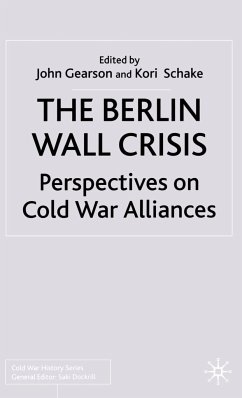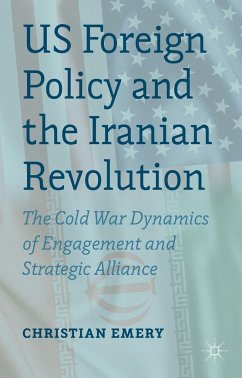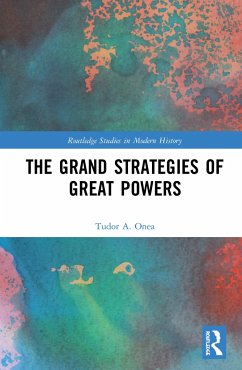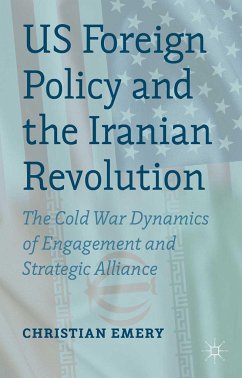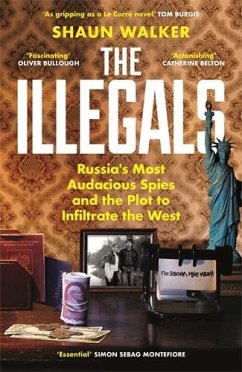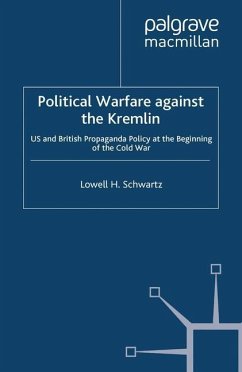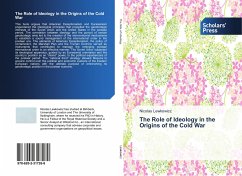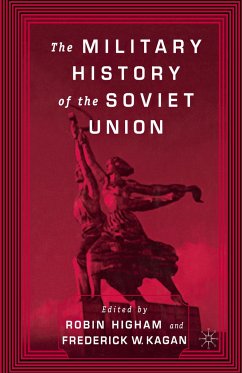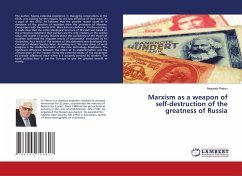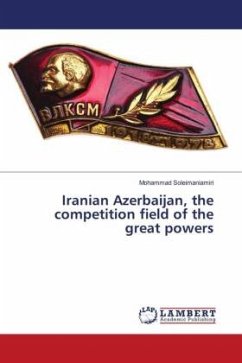
Iranian Azerbaijan, the competition field of the great powers
Versandkostenfrei!
Versandfertig in 6-10 Tagen
55,99 €
inkl. MwSt.

PAYBACK Punkte
28 °P sammeln!
Iran Azerbaijan crisis is one of the most important events of the contemporary history of Iran and the world. During this crisis, the two superpowers of the East and West advanced to the brink of the nuclear war. Moreover, the division of the world into the capitalist and socialist poles (blocs) and the beginning of the Cold War coincided with the outbreak of this crisis. In fact, many historians and theorists consider it far more important than the events in Czechoslovakia and the blockade of Berlin(1948). The role of the local and Iranian actors as well as the political and social classes of...
Iran Azerbaijan crisis is one of the most important events of the contemporary history of Iran and the world. During this crisis, the two superpowers of the East and West advanced to the brink of the nuclear war. Moreover, the division of the world into the capitalist and socialist poles (blocs) and the beginning of the Cold War coincided with the outbreak of this crisis. In fact, many historians and theorists consider it far more important than the events in Czechoslovakia and the blockade of Berlin(1948). The role of the local and Iranian actors as well as the political and social classes of Azerbaijan and Kurdistan is very important. Besides, the central government of Iran and the leaders and politicians as well as the king, the court and the parliament representatives all played a decisive role in this crisis. In fact, their response to these movements and the issue of crisis is very important. In addition, the role of the United Nations and the Security Council is very prominent in solving the crisis of Azerbaijan because during this crisis, Iran complained about the socialist Soviet Union in the Security Council and this was the first complaint of a government of another one.



